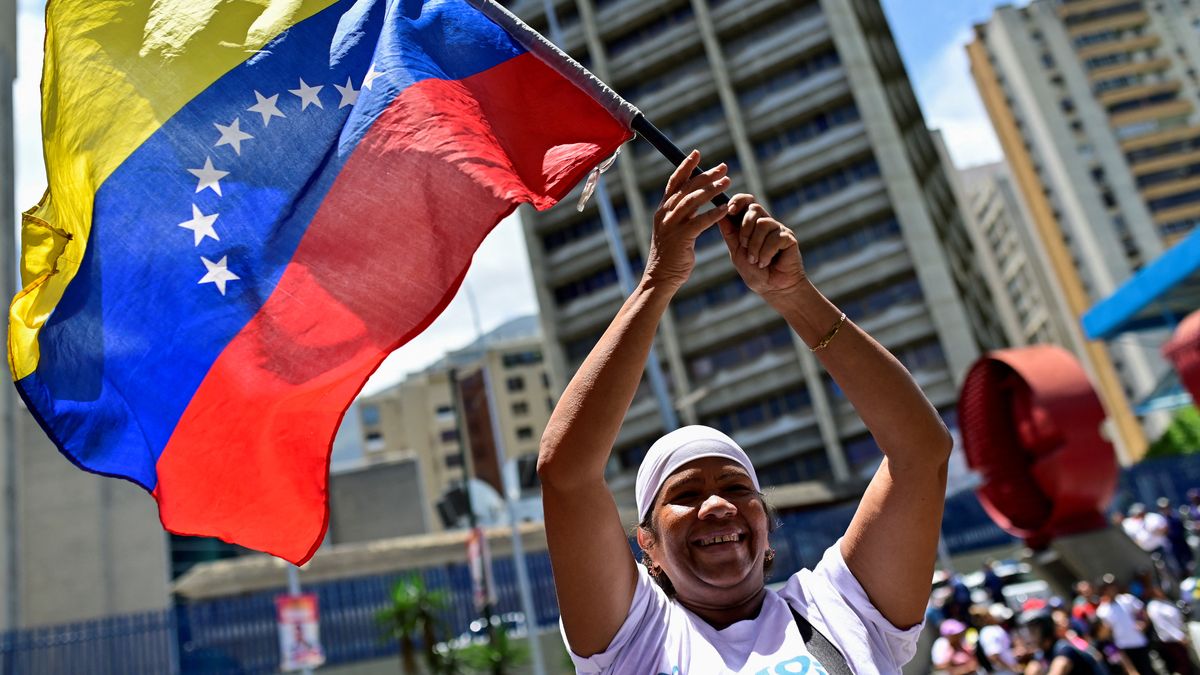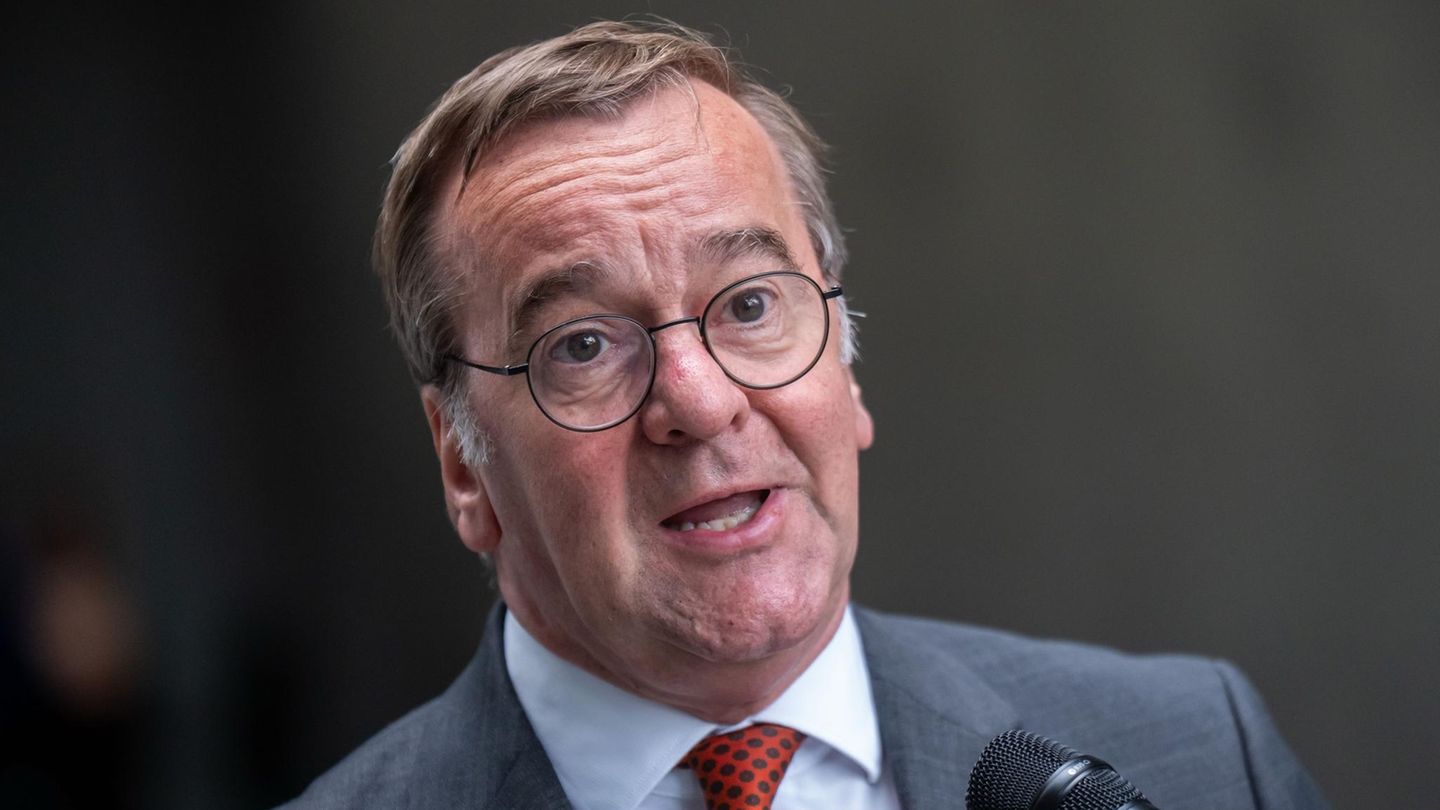The Venezuelans decide this Sunday at the polls between the continuity of Chavismo, which has been in power for 25 years, or the change promised by a united and hopeful opposition, in a presidential election fraught with tension. Nicolas Maduro, 61 years old and president since 2013, he is seeking a third six-year term when the country is just emerging from an acute economic and humanitarian crisis that shrank the Gross Domestic Product by 80% and forced more than 7 million people to flee.
His rival is the diplomat Edmundo Gonzalez Urrutia, 74 years old, until recently unknown, who represents the charismatic and popular opposition leader María Corina Machado, who was prevented from running due to political disqualification.
“Peace or war”, Maduro launched a few days ago, defining what he believes is at stake in this election. Shortly before, he had warned that a victory for the opposition could lead to a “bloodbath,” which earned him criticism from the president of Brazil, Luiz Inacio Lula da Silva, and Chile, Gabriel Boric, among others.
González Urrutia called for a vote. This Sunday “will undoubtedly be the most important democratic expression of the people in recent years,” he said, and called on Venezuelans to vote. “to transform their future.”
“We hope and wish that everything happens peacefully,” he said in a video posted on social media.
The scandal with the observers
A delegation from the Carter Center and other observers are present at these elections, but the government cancelled the invitation to a European Union mission and prevented European parliamentarians from entering the country and former Latin American presidents invited by the opposition.
Maduro apologized for this on Saturday night.
“I apologize because in Spain, Mexico and Panama they were upset with Venezuela because we sent those people back… but the law is in place here,” the president said at an official event. Eight other candidates are running in the election, but polls show few votes.
These elections are the result of an agreement between the government and the opposition promoted by the United States. To push forward the election, Washington eased sanctions it imposed on the country in 2019 after refusing to accept Maduro’s re-election a year earlier over suspicions of fraud.
Maduro’s government blames the sanctions for the collapse of the economy of this oil-producing country, which has the largest reserves in the world and at its peak produced 3.5 million barrels a day, compared with about one million today.
Venezuelan Maduro
In his last speech before the elections, Maduro appeared confident
What is known about the presidential election
More than 30,000 polling stations will be open from 6 a.m. local time to 6 p.m., although the period may be extended. In several states, citizens began to form long lines before midnight to vote, according to videos posted by local media on social media.
Some are authorized to vote 21 million people, out of a population of 30 million, but experts estimate that only about 17 million who are in Venezuela and did not migrate will be able to vote. Although Venezuelans abroad have the right to vote, very few will be able to do so, as fewer than 70,000 are registered in consulates.
Most polls favor the opposition, but some observers warn that The difference between Maduro and González Urrutia could be narrow. Polls indicate that the higher the voter turnout, the greater the chances of the opposition winning.
Both sides are confident of victory. “We have formed a new political, social, cultural majority, which will be expressed with a resounding electoral majority (…), we have not only united Chavismo, we are all united without a single fissure, a power block only“Maduro cried on Thursday, at the end of his campaign.
Machado, meanwhile, said she was convinced that her candidate would win. “It’s not just because of the polls, it’s because I know what’s happening in Venezuela, I know what the people are feeling, and I know how this participation will be”Machado told AFP three days before the election.
“What we have to achieve is that the votes are counted and that the minutes are printed and that we have access to those minutes. Only by avoiding that can Maduro say that he won. If they are not counted, if the minutes are not printed and if they refuse to give them to us,” he stressed.
He electoral process is automated, with results centralized by the National Electoral Council. Its board is made up of five rectors, three linked to Chavismo and two to the opposition.
Source: Ambito




